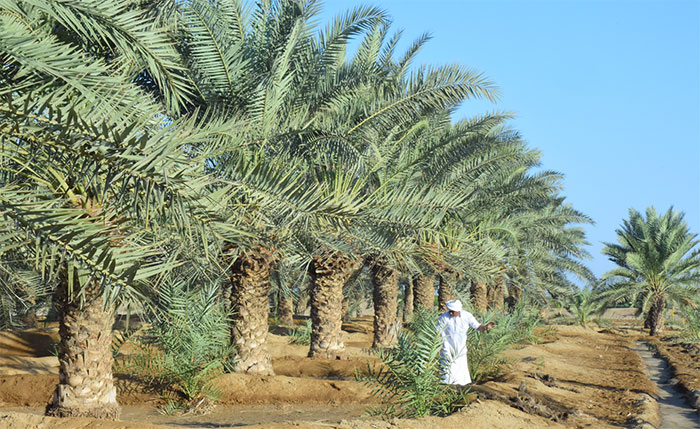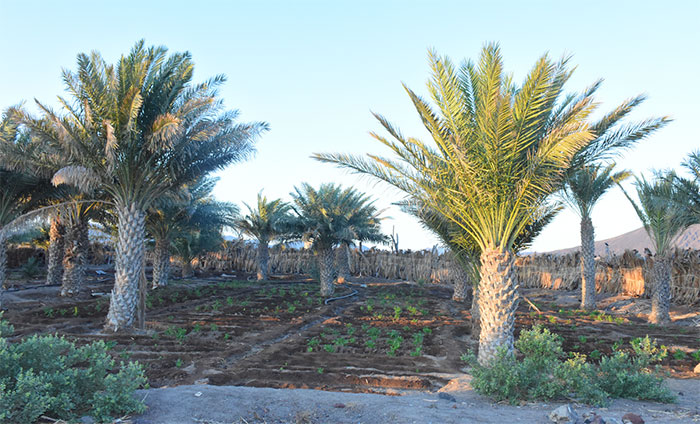Re: Bini 2nd, today!
They call us liars, until they admit to it themselves. 


Last edited by Zmeselo on 13 May 2025, 17:39, edited 1 time in total.
Re: Bini 2nd, today!
________________

General
A Story of Dedication and Progress: Combating Malaria in Eritrea
Bana Negusse
https://shabait.com/2025/05/12/a-story- ... n-eritrea/
May 12, 2025

Recently, countries across the globe commemorated World Malaria Day – an annual observance first established nearly two decades ago to underscore the need for continued investment and sustained political commitment in the fight against malaria. As one of the world’s most devastating infectious diseases, malaria continues to claim hundreds of thousands of lives each year. This article highlights Eritrea’s longstanding and evolving efforts to control and ultimately eliminate the disease.
A formidable global challenge
Despite decades of progress, malaria remains a formidable global health challenge. According to the World Health Organization’s (WHO) latest report (2024), an estimated 263 million malaria cases occurred in 2023 – representing an increase of 11 million from the previous year. The global incidence rose from 58.6 to 60.4 cases per 1,000 people at risk.
Africa continues to shoulder the overwhelming burden, accounting for 94 percent of global cases and 95 percent of malaria-related deaths. The five countries most affected in 2023 were Nigeria (26 percent), the Democratic Republic of the Congo (13 percent), Uganda (5 percent), Ethiopia (4 percent), and Mozambique (4 percent). Deaths from malaria totalled 597,000 globally.
The COVID-19 pandemic has significantly disrupted malaria control efforts, exposing fragile health systems and exacerbating challenges like drug resistance, invasive mosquito species, funding shortages, and weak disease surveillance. These are compounded by conflict, climate change, and global economic strain.
Addressing a longstanding national public health challenge
Eritrea, has long battled malaria as a serious public health issue. Risk levels remain moderate to high across much of the country, with 41 out of 58 sub-zobas classified as malaria-endemic. Regions such as Gash Barka, Debub, and Semenawi Keih Bahri bear the brunt of the national disease burden, accounting for more than 90 percent of all cases.
As elsewhere, vulnerable groups – especially pregnant women and young children – are disproportionately affected. Children under five lack sufficient immunity, while pregnancy reduces a woman’s ability to resist the disease, heightening the risks of severe illness and death.
Since independence, and particularly following the establishment of the National Malaria Control Program in 1995, Eritrea has made large, important inroads against the disease. Through the combination of an array of control and prevention interventions, which has included the mass distribution of long-lasting insecticide-treated nets, indoor residual spraying, drainage and larval source management, effective case management and surveillance, and strong community mobilization, awareness, and reception, progress has been registered in addressing the national malaria burden.
Insecticide-treated nets have been one of the cornerstones of Eritrea’s malaria control efforts. Over the years, millions have been distributed to households nationwide (particularly those in high transmission areas). This intervention has contributed significantly to reducing malaria cases and deaths, especially among children under five and pregnant women. Regular monitoring and re-treatment of these nets have ensured their continued effectiveness in preventing mosquito bites. Additionally, indoor residual spraying has been important in reducing malaria transmission in areas with intense seasonal surges. Historically, campaigns have been conducted in high-risk areas during peak malaria transmission seasons, especially in the lowland regions.
Alongside the above, Eritrea has invested in improving its healthcare infrastructure, with an emphasis on ensuring that diagnostic services for malaria are available at health centers and remote outposts. Furthermore, the country has made significant progress in improving the availability and accessibility of drugs and treatment, which are critical to reducing the severity of malaria and preventing deaths. What is more, in addition to vector control measures, Eritrea has also implemented environmental management strategies aimed at reducing mosquito breeding sites, while also working to raise awareness about malaria prevention and treatment through public health campaigns, including radio programs, community meetings, and outreach by healthcare workers. By involving local communities, Eritrea has fostered a greater sense of ownership over malaria control measures.
The impact of Eritrea’s coordinated response has been substantial. In terms of cases, between 1998 and 2016, malaria incidence in Eritrea dropped significantly, declining from 157 to 34 cases per 1,000 people. Following further reductions to 18 cases per 1,000 in 2018, there has been a slight increase in cases in recent years (although steps are being taken to address this). Shifting to reported malaria deaths, they have been low and continue to fall, dropping from 405 in 1998 to 21 in 2016 and 4 in 2023 (an overall reduction of approximately 99 percent). Notably, in recent years, only a small percentage of all malaria cases in the country were in highly vulnerable populations, such as children under five years of age or pregnant women.
Of note, the country’s progress over the years made it one of a small number of countries to achieve the United Nations Millennium Development Goals target related to malaria (Goal 6, which it met ahead of the 2015 target date). In 2016, during the 26th Summit of the African Union (AU), it even received an award from the African Leaders Malaria Alliance in recognition of its,
(The African Leaders Malaria Alliance is a coalition of AU Heads of State and Government established to drive accountability and action for results against malaria and neglected tropical diseases, and to promote reproductive, maternal and child health.)commitment, innovation, and progress in the fight against malaria.
Looking ahead with confidence
Looking ahead, despite progress achieved, challenges persist. Alongside a recent rise in cases in some areas of the country, resistance to insecticides and antimalarial drugs – a looming global challenge – poses a threat to long-term malaria control efforts. However, local health authorities remain committed to ensuring that Eritrea transitions from pre-elimination toward elimination of malaria, with the long-term goal of ultimately eliminating and preventing the reintroduction of malaria by 2030. (The path to malaria-free status is characterized by four distinct programmatic phases: control, pre-elimination, elimination, and prevention of reintroduction. Subsequently, once a country has proven, beyond a reasonable doubt, that the chain of local malaria transmission by Anopheles mosquitoes has been interrupted nationwide for at least three consecutive years, it is then granted a certification of malaria-free status from the WHO.)
Encouragingly, in recent years Eritrea has sustained efforts to achieve the vision of a malaria-free future. Steps have been taken to address factors that increase malaria risk and the country has worked to promote malaria control interventions. As well, entomology laboratories for research have been established in parts of Gash Barka, such as Elabered and Tesseney, helping in identification of species and parasites, while efforts continue to ensure early diagnosis and treatment, as it prevents deaths and contributes to reducing transmission. Additionally, progress is being made on the development of a refined sub-national stratification map based on epidemiological data triangulated with appropriate metrics, namely entomological, ecological/demography, and interventions coverage data, to better disaggregate the malaria situation and inform targeting of interventions.
Aiming for a malaria-free future
Eritrea’s progress against malaria demonstrates the power of integrated public health strategies, community engagement, and sustained political will. While the path to elimination is complex and evolving, the country’s record and renewed commitments offer a hopeful vision for a malaria free future. This will not only be a great success for Eritrea, but also offer a viable model for other nations battling this deadly disease.
Re: Bini 2nd, today!

The fight against desertification progressing well.
______________




Date palm sector serves as a sustainable approach to improving food security, empowering communities, & combating climate change. #Eritrea's majestic date palms serve as valuable economic assets & symbolize a beacon of hope for a prosperous tomorrow. @UNDPEritrea
Re: Bini 2nd, today!


_________________




"The Diplomatic Ball" of EEC fest, a formal celebration of Kansas City communities. Hosted annually by a select group of commissions. Eritrean NPDG‘ll host the 2027 fest. This traditional attire event features food & entertainment, will reflects that year's host. @WolduTuku